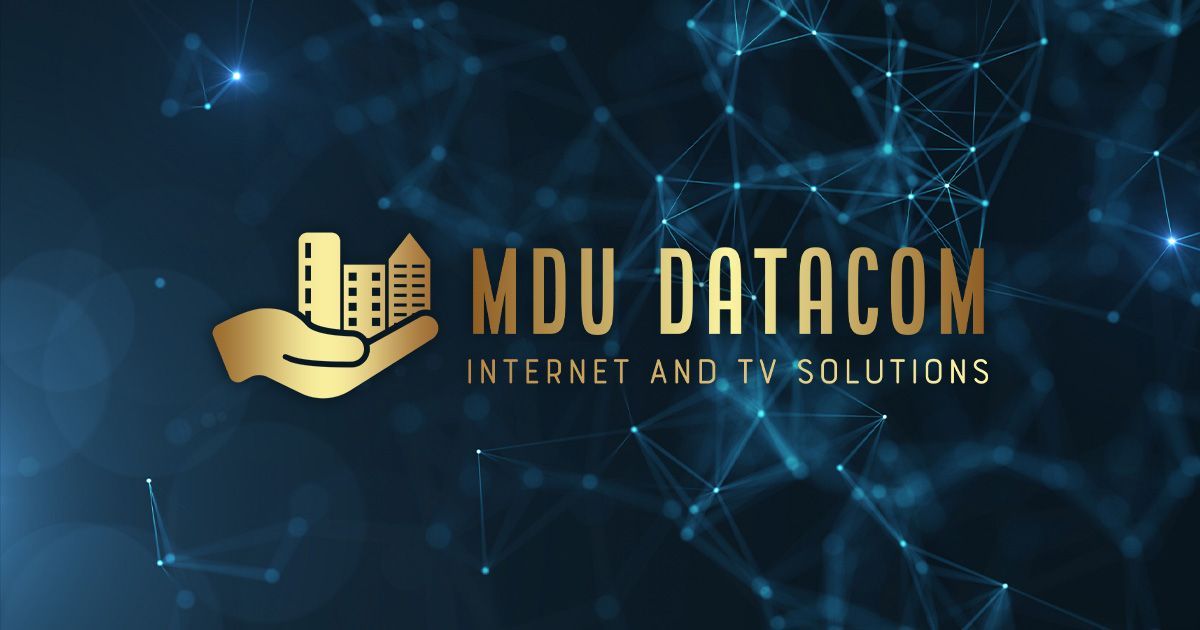A of the most commonly used coding protocols is Secure Sockets Layer (SSL) and its replacement, TLS Layer (TLS). Such protocols establish a secure link between a resident's device and the internet, guaranteeing that all data transferred stays confidential. When residents in an MDU access websites that utilize SSL/TLS, their personal data, such as passwords and credit card details, is secured. This means that even if someone attempts to intercept the information, they would merely see a mess of letters and numbers, rendering it nearly impossible to comprehend. By promoting the use of these standards, MDUs can greatly improve the security of their residents' internet actions.
Another crucial encryption method is Virtual Private Network (VPN) solutions. A VPN establishes a protected tunnel for web traffic, which safeguards users from invasive observers, particularly when accessing public Wi-Fi networks. In an MDU, in which numerous tenants may connect to the same service, using a VPN can help ensure that individual web actions stay confidential. This is particularly crucial for tasks including internet transactions or retrieving sensitive information. By encouraging the adoption of VPNs among tenants, MDUs can foster a safer internet space and help safeguard against information leaks.

In addition to such encryption techniques, it is essential for MDUs to educate their click for source residents about the significance of cybersecurity. Many people may not be aware of the risks associated with utilizing common web services. Offering information on how to identify scam attempts, the importance of robust credentials, and the benefits of employing secure websites can empower tenants to take control of their internet security. Seminars or educational sessions can be effective ways to raise knowledge and promote best practices for online security.
Finally, MDUs should think about collaborating with web provider companies (ISPs) that prioritize security and provide advanced encryption features. By partnering with ISPs that implement robust encryption protocols, MDUs can ensure that their tenants have availability to protected web services. This partnership can result to improved overall safety for the entire complex, as well as increased trust among residents. By implementing these steps, MDUs can create a more secure online space, safeguarding resident privacy and data security in an increasingly connected environment.